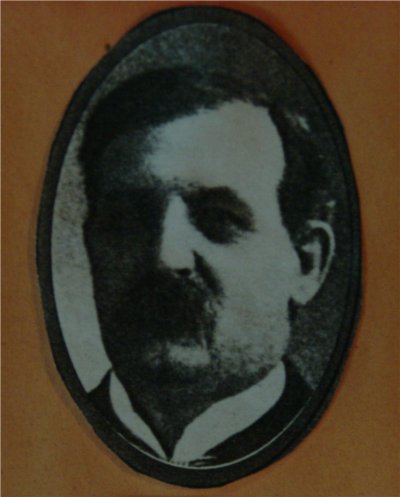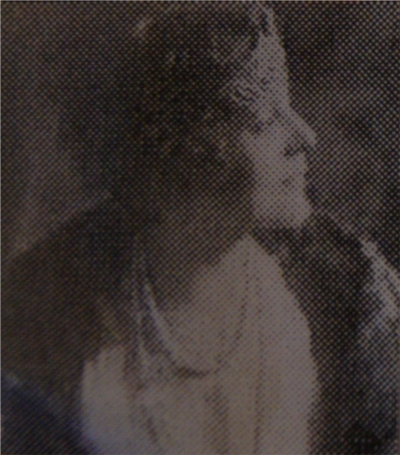 William Taylor
William TaylorAlthough most camp meetings were comprised of the best preaching to be found in the Conference, occasionally a "big gun" would be added to stir the public emotion. One was William Taylor, who himself had been converted at a camp meeting in 1841 and during the 1800's he was perhaps the Methodist Episcopal Church's most famous evangelist with a self-proclaimed "mission field" embracing six continents. He was a street preacher in the bowery of San Francisco before heading overseas. In 1875, he preached on four different occasions at the Dimock Camp Meeting - and he was back in 1876. He later became a Bishop, and Taylor University in Upland, Indiana, is named for him.
 Daniel Brink Towner
Daniel Brink TownerAccording to one newspaper account. Prof. Daniel Brink Towner led the music at the 1876 camp meeting at Dimock. It "attracted a large audience and in our estimation was one of the most interesting features of the meeting. Every morning and evening might be heard the voices of a large chorus singing the beautiful songs of Zion - such as Hold the Fort, We're going Home Tomorrow, What Will the harvest Be?, and He Leadeth Me."
When he was here, he was just 26, but he was such a gifted musician that at age 20 he became musical director of Centenary Methodist Episcopal Church in Binghamton. Over his life he wrote more than 2,000 sings and in the 1880's began travelling with the famed evangelist Dwight Moody. He is a native of Rome, Pennsylvania, in Bradford county and his Trust and Obey is a beloved hymn in the United Methodist Hymnal to this day.
 Cornelia Bryce Pinchot
Cornelia Bryce PinchotThe Dimock camp meeting of 1931 featured Cornelia Pinchot, the First lady of Pennsylvania, who addressed those gathered about her observations from a trip to the South Seas where she had seen the work of missionaries. She perhaps also spoke out about women's suffrage, birth control, educational reform and the sweat shops that abused child labor, all causes she addressed vigorously during her life. She encouraged women to take an active part in politics and careers, served on the local shool board, supported prohibition and was one of the firt proment women to ride an airplane.
Incidentally, athough the Methodist Church has only allowed local ordination of women since 1924 and full clergy rights since 1956, women have addressed those gathered at Dimock from the earliest camp meetings here. In the first one in 1875, for instance, a Sister Sharpe spoke about here work amongst the orphan children of former slaves in Charleston, South Carolina.